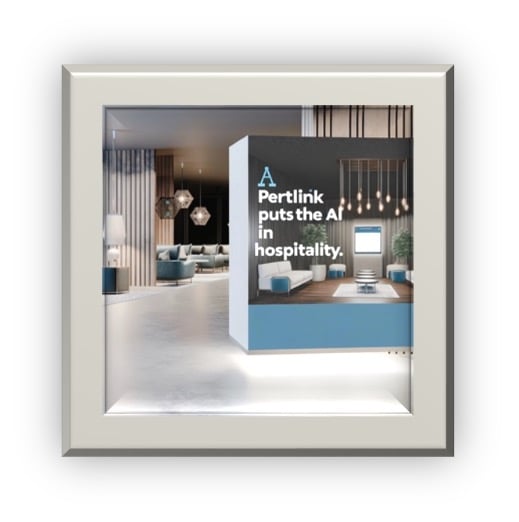Where Less = More: Redefining Luxury: The Shift Towards Minimalism and Sustainability in Hotel Amenities
In an era where environmental consciousness intersects with the evolving preferences of travelers, the hospitality industry stands at a pivotal juncture. The traditional markers of luxury—laden with an abundance of gadgets, amenities, and conveniences—are being reevaluated through the lens of sustainability and essentialism. This shift towards minimalism [sometimes referred to as doing a Marie Kondo] is not just a trend but a response to a deeper understanding of luxury, one that prioritizes experiences and values over material excess.
Gone are the days when the presence of a hotel room telephone, dedicated shaver power sockets, portable speakers, and even the once-celebrated convenience of coffee pods symbolized the height of luxury. These items often need to be used, as guests prefer the familiarity and comfort of their smartphones, personal devices, and more environmentally friendly alternatives. Coffee pods, in particular, have been scrutinized for their environmental impact. While offering a quick caffeine fix, these pods are notoriously difficult to recycle due to their combination of plastic, aluminum, and organic material, contributing significantly to landfill waste.
The reconsideration of true luxury extends beyond electronics and consumables to encompass a wide range of hotel amenities. Printed materials like brochures, flyers, and even in-room magazines and newspapers, once staples of guest communication, have essentially been rendered obsolete by digital alternatives. Similarly, the traditional mini-bar and complimentary plastic water bottles—synonymous with convenience—now represent unnecessary waste, prompting hotels to explore more sustainable offerings such as local produce and refillable water solutions.
Furthermore, the excessive provision of toiletries, decorative bedding, and disposable items like slippers and robes underscores a bygone era of unchecked consumption. Today's travelers seek authenticity and sustainability, favoring quality and thoughtfulness over sheer quantity. Wall-mounted dispensers for high-quality toiletries, simplified bedding, and high-quality reusable alternatives for disposables are becoming the new norm.
The environmental impact of maintaining these outdated luxuries is significant. The cost to the planet is immense, from the energy and resources expended in the production and disposal of single-use plastics and paper products to the complex recycling challenges posed by coffee pods to the water and chemicals used in laundering. Recognizing this, the industry is pivoting towards eco-friendly practices, such as digital room keys to reduce plastic waste and offering amenities like toiletries and robes upon request to minimize unnecessary laundering and disposal.
This transition is not merely about removing items but reimagining what luxury means in a modern context. Luxury today is about offering a seamless, personalized experience that aligns with the values of sustainability and minimalism. It's about creating beautiful, comfortable, responsible spaces that reflect a more conscientious approach to travel.
Hotels that embrace this "less is more" philosophy find that it resonates with a growing segment of travelers who prioritize environmental impact and personal well-being over traditional notions of luxury. By focusing on what truly enhances the guest experience—digital innovations, sustainable practices, or simply the quality of service—hotels can redefine luxury for the modern era. This approach appeals to the eco-conscious traveler and represents an innovative business practice, reducing costs associated with purchasing, maintaining, and eventually disposing unnecessary items.
 In conclusion, the future of hotel luxury lies in simplicity and sustainability. By carefully considering each amenity's necessity and environmental impact, including the problematic use of coffee pods, hotels can offer a more authentic and sustainable luxury experience. This not only caters to the changing preferences of travelers but also positions hotels as forward-thinking and responsible stewards of the planet. The true essence of luxury becomes what is added, and what is thoughtfully chosen to remain.
In conclusion, the future of hotel luxury lies in simplicity and sustainability. By carefully considering each amenity's necessity and environmental impact, including the problematic use of coffee pods, hotels can offer a more authentic and sustainable luxury experience. This not only caters to the changing preferences of travelers but also positions hotels as forward-thinking and responsible stewards of the planet. The true essence of luxury becomes what is added, and what is thoughtfully chosen to remain.
© [email protected] augmented with the aid of various AI platforms.
Terence Ronson
Managing Director
Pertlink Limited







